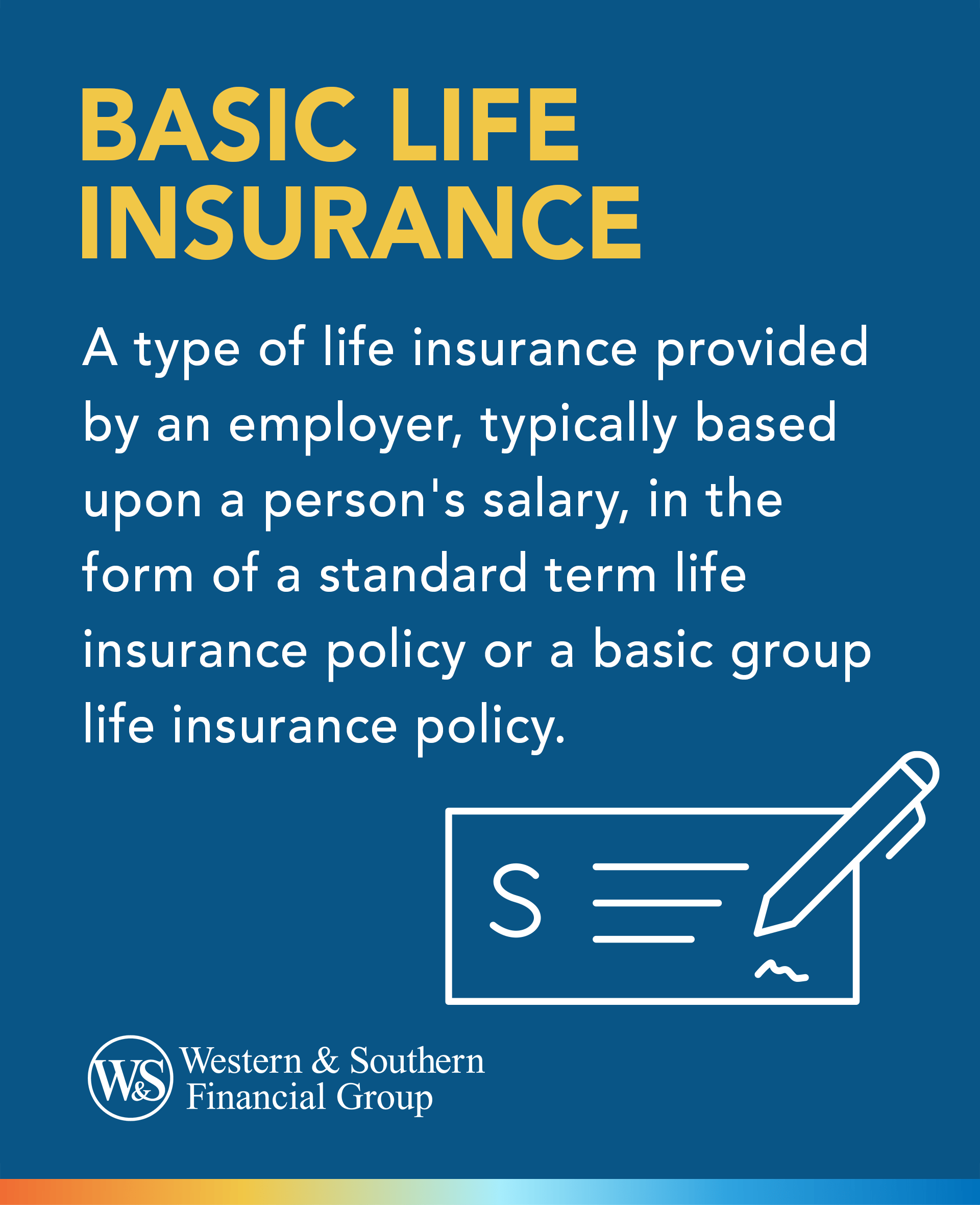Rise by Six: Your Daily Dose of Inspiration
Explore insights and stories that elevate your day.
Insurance Coverage: The Fine Print You Wish You'd Read
Unlock the secrets of insurance coverage—discover the fine print that could save you thousands! Don't miss out on what you need to know!
Understanding the Hidden Clauses in Your Insurance Policy
When reviewing your insurance policy, it's crucial to understand the hidden clauses that could significantly impact your coverage. Many policyholders overlook sections that contain vital information about exclusions, limits, and conditions that could affect their claims. For instance, some policies may include a waiver of subrogation clause, which prevents the insurance company from pursuing a third party for reimbursements, or a deductible waiver that alters your out-of-pocket expenses in certain situations. These clauses often go unnoticed but can have serious implications when you need to file a claim.
Another important aspect to consider is the terms of cancellation found in your policy. Many policies have stipulations that allow insurers to cancel the policy under specific circumstances, such as non-payment or misrepresentation of information. Understanding these clauses is essential to ensure continuous coverage. Additionally, policy riders may offer extra protections, but they might come with complicated conditions or fees that aren't immediately clear. In order to avoid unpleasant surprises during the claims process, it's advisable to consult with your insurance agent and ask them to explain any clauses you find confusing.

The Top 5 Insurance Terms You're Likely Misinterpreting
Understanding insurance jargon can be a daunting task, and many individuals often misinterpret key terms. Here are the top 5 insurance terms you're likely misinterpreting:
- Deductible: This is the amount you pay out-of-pocket before your insurance coverage kicks in. Many people confuse it with the total amount they owe when filing a claim, leading to unexpected expenses.
- Premium: This term refers to the amount you pay for your insurance policy, often on a monthly basis. Some mistakenly think it's a one-time fee, not realizing it's a recurring cost that can fluctuate based on various factors.
Continuing with our list, misinterpretation can lead to gaps in coverage or unexpected costs:
- Exclusions: These are specific conditions or circumstances that your policy doesn't cover. It's common for individuals to overlook these, assuming they are protected in all situations.
- Liability: This term often causes confusion; it refers to your legal responsibility for damages or injuries. Many people think it only applies to car accidents, but it can pertain to various situations.
- Beneficiary: This is the person or entity designated to receive the benefits of your policy after your death. Misunderstanding this term can lead to significant issues during estate planning and care that your wishes are honored.
Are You Truly Covered? Common Myths About Insurance Policies
When it comes to insurance policies, many people hold common myths that can lead to misconceptions about their coverage. One prevalent myth is that all insurance policies are the same. In reality, different policies cater to various needs and situations. For instance, a homeowner's policy is specifically designed to protect against risks associated with residential properties, while a renter's policy covers personal belongings within a rented space. Understanding these distinctions is essential for ensuring that you have the right protection in place.
Another widespread belief is that simply having an insurance policy means you are fully protected. This is a misleading notion, as many policies come with specific exclusions and deductibles, which can affect the level of coverage you receive. For example, some health insurance policies may not cover certain treatments or medications. It's crucial to thoroughly review your policy documents, ask questions, and clarify any doubts with your insurance provider to ensure you truly understand what is covered and what isn't. Don't let myths guide your understanding — educate yourself and make informed choices.